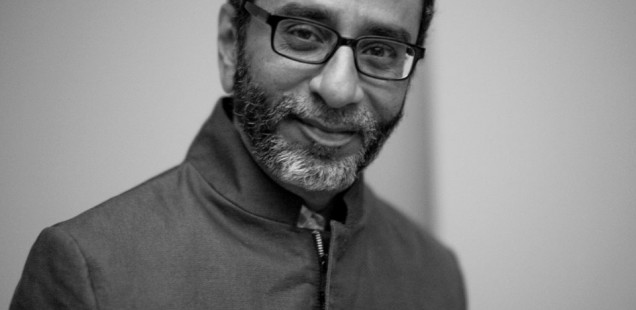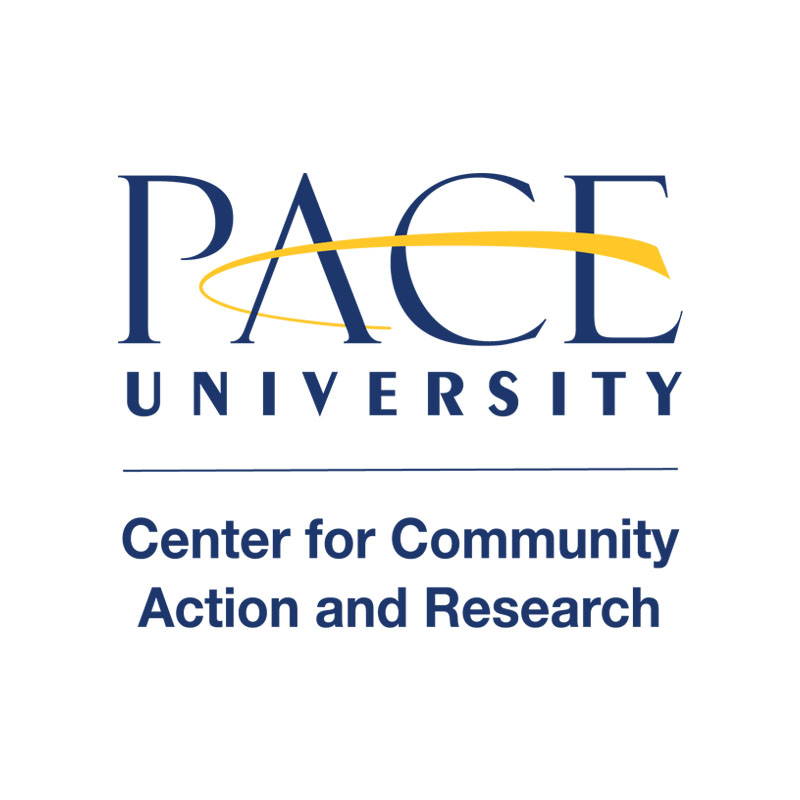
Faculty Perspectives on the 2016 Election: Satish Kolluri
EMPOWERING MILLENNIALS
One can not force. One can say it’s a duty. One can say it’s an obligation. One can define citizenship as a moral value. So in one sense, I’m exercising my citizenship value. I’m voting and getting my voice heard.
People don’t vote for various reasons. Either they’re too tired, too sleepy, starting with the early morning things. Two, saying that my vote will not count because I’m in New York. My candidate is going to win. It’s one of those things where you people, in school and high school, understand all these values, and how important it is and everything. Then you become like virtual messiahs, building up your resume for college, and writing your statement and saying “I’m the best there is.” So everybody is talking about how good they are, what they’ve done, what they’ve achieved.
But something happens once you’ve come to college. [You] forget it. And you’re locked into another world all together. For me, one of the things why I teach this particular course about government and society is [I want to explore], why does it evaporate by the time you come to college? Are you not interested, if I ask you to name the Governor of your state, or the two Senators from your state, or the Vice President, or how are bills legislated, even though you guys were writing exams that particular topic in high school?
So it is civic apathy. It is where politics becomes incidental to culture. So culture rates first. Politics is incidental. It’s other. Politics only becomes important when Kanye decides to run for office. Then people get it. Culture is important, but so is politics. [Celebrity engagement] works to a certain extent. But something like this, where you’re taking a course with a civic engagement component, or when professors talk, you don’t want to brainwash, but you just want to tell them, “Share being a citizen.”
ENGAGING IN POLITICS
When you’re 18, 19, 20, you’re not worried about social security or Medicare. But, given that your parents are thinking about social security, thinking about climate change, thinking about their pensions, it behooves us just to know a little bit about…what the financial crisis is. But for me, I give them a three step process. First, you attend to an issue-Attention-then you engage with the issue-Engagement-based on that information, you form an opinion.
MILLENNIAL IMPACT ON ELECTION
Your generation can impact the election. Mrs. Clinton is getting less [support] than what Obama got. Trump is getting some. One third is going to Jill Stein. That’s one third of the millennials, because they want to give a protest vote.
Millennials do have a great impact on the election because they end up moving or changing the party platform. So, for instance, Bernie Sanders may have lost the primary to Hillary Clinton. But when the Democratic National Party platform was written up before the convention, he made Hillary move to the left of issues. So minimum wage, $15; climate change; any number of issues you look at, Bernie made Hillary move. Hillary had to move because of you guys. Because she realized that a 75-year-old man is attracting teenagers, whereas she’s almost the same age but she’s not able to make that connection because she’s of the establishment. So millennials are rebellious, especially the younger ones. They are anti-establishment. Establishment politics basically turns them off completely.
Dr. Satish Kolluri is an Associate Professor in the Communication Studies Department at Pace University. This transcript is taken from a full interview with Dr. Kolluri conducted by Matt Bailey ’17 as part of a series on faculty perspectives of the 2016 election completed in partnership with the Center for Community Action and Research.





